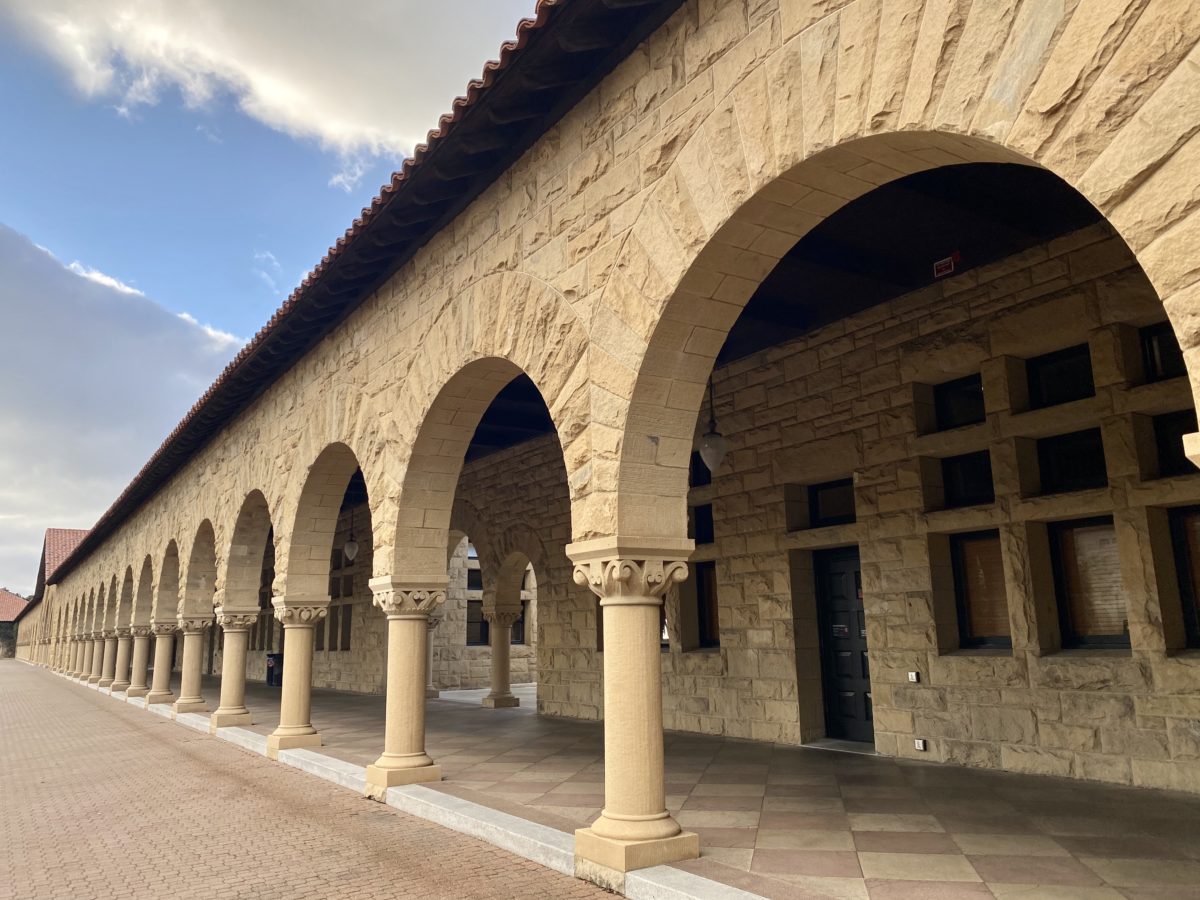Rep. Emanuel Cleaver (D-MO) and Rep. Joseph Kennedy ’03 (D-MA) urged Stanford and other universities to assess the diversity of its endowment asset managers in a letter to university presidents sent on July 10. Cleaver and Kennedy have requested a response by July 31.
The letter came months after civil rights activist Rev. Al Sharpton called upon Stanford to release a report on the diversity of its endowment managers. The representatives’ letter echoed Sharpton’s concerns over underrepresentation of diverse-owned firms in university endowments and the overall asset management industry. Cleaver and Kennedy argue that despite “significant federal resources and subsidies” for universities, endowment management does not align with the government’s goals.
“The lack of diverse-owned asset management firms runs counter to the federal government’s interest in promoting equal opportunity,” the letter reads. “Despite decades of advocacy, market forces have failed to correct the ugly legacy of systemic racism.”
The letter requested a response to seven questions, which ask for specific information about diversity. These range from whether Stanford has an equal opportunity statement about manager selection, to the amount of diverse-owned firms involved in the endowment. Universities have typically declined to report this data to congresspeople in past years, to the representatives’ “heightened suspicions.”
“Most of the data here that we’re even looking at … aren’t released,” Kennedy said in a news conference. “They’ve chosen not to [invest in minority-owned firms]. And so our effort here is to highlight that disparity.”
Stanford spokesperson E.J. Miranda told The Daily that Stanford has received the letter from Cleaver and Kennedy and “will shortly respond to their important questions about diversity in the asset management industry.”
As of last Tuesday, Cleaver and Kennedy have received one response from the University of California (UC) system. They provided Cleaver and Kennedy with a detailed report, affirming their commitment to promoting diversity. The UC system also published a diversity report last year, becoming one of the first educational institutions to reveal their endowment manager demographic data. Other universities have not yet responded, though some have reported that they are working on it.
“The response to our letter was so anemic that we’re almost compelled to [act] in some other way,” Cleaver said in the conference. “This was one of the things out of sight, out of mind.”
Cleaver and Kennedy found their principal evidence of lack of diversity in an analysis by the Knight Foundation, which reported that women and minority-owned firms manage only 1.3% of the $69 trillion asset management industry. Another study found that diversity actively increases performance in asset management. Robert Raben, CEO of the Diverse Asset Management Initiative, described this incongruity between representation and performance in an interview with The Daily.
“Everybody preaches diversity, that you shouldn’t have all of your money in one investment,” Raben said. “And then the same people don’t seem to think anything of having 97% of their management staff male or white.
“It’s just pure bias,” he added.
Stanford Management Company (SMC) manages Stanford’s endowment. Its website states that it supports the University’s mission by financing research, faculty and student financial aid through asset management. In a statement about its investment framework, SMC stated that “ethical and social considerations play a central role.”
SMC has not released data on diversity among its asset managers, though Miranda affirmed that SMC is “committed to expanding diversity and equal opportunity in our planning and management decisions.”
“[Asset management] is an institutional decision — it’s back-end,” Raben said. “But it has fascinated me because it is a crucial part of finance. Every major institution hires asset managers. The fees are high because the stakes are high.”
Contact Diana Piper at dianapiper ‘at’ gmail.com and Marianne Lu at mlu23 ‘at’ stanford.edu
